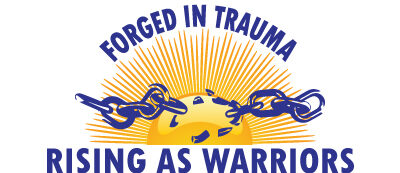My Alexithymia Journey: A Heal-Along with Jaena
So, here were are again with another companion article. I do these whenever I have a personal story that can help shed further light on our main topic. Since this week’s topic is on Alexithymia, what it is, how it develops, and (as always) what we can do about it, I have my own experiences …
My Alexithymia Journey: A Heal-Along with Jaena Read More »










